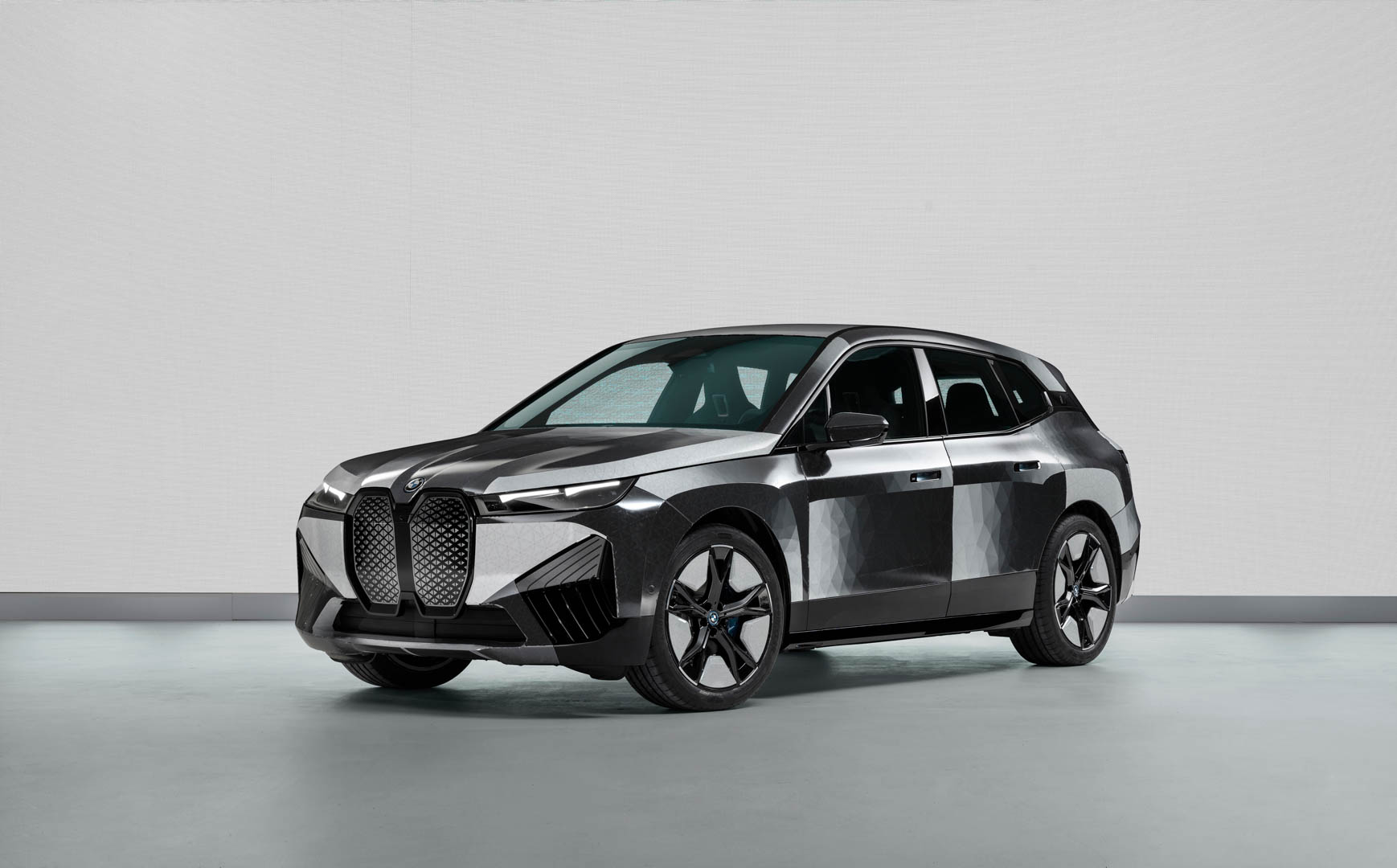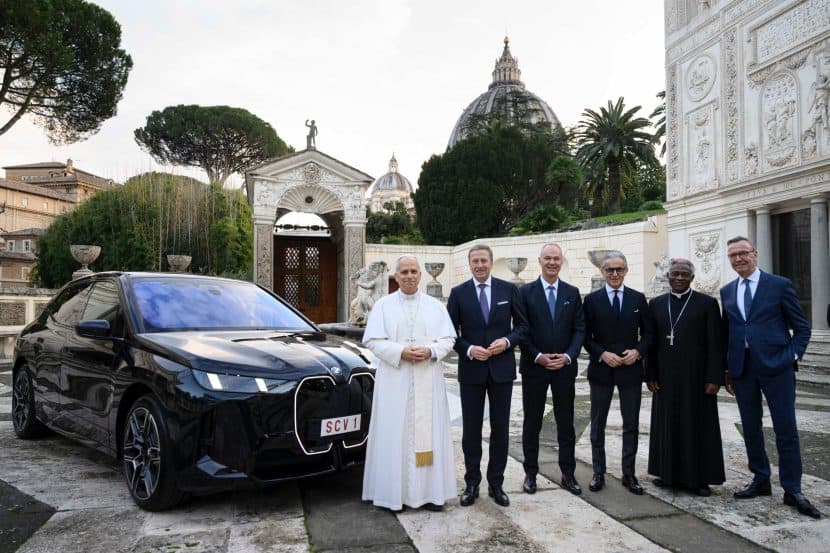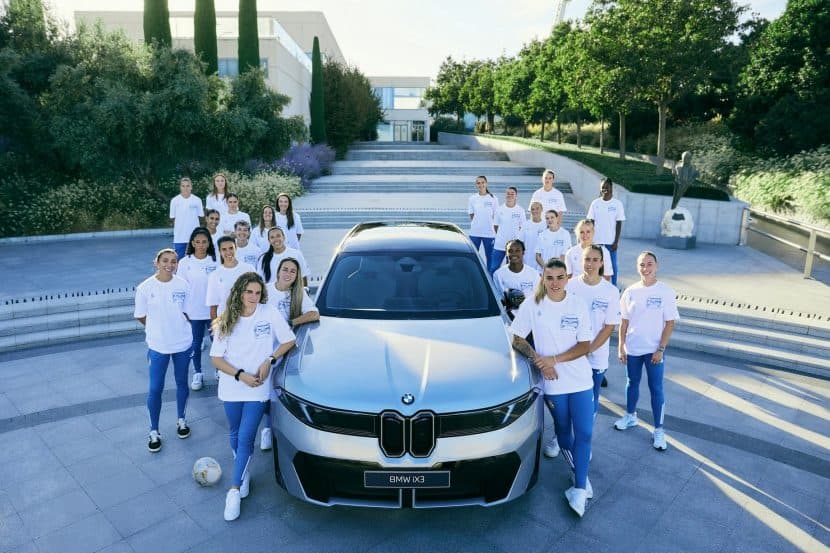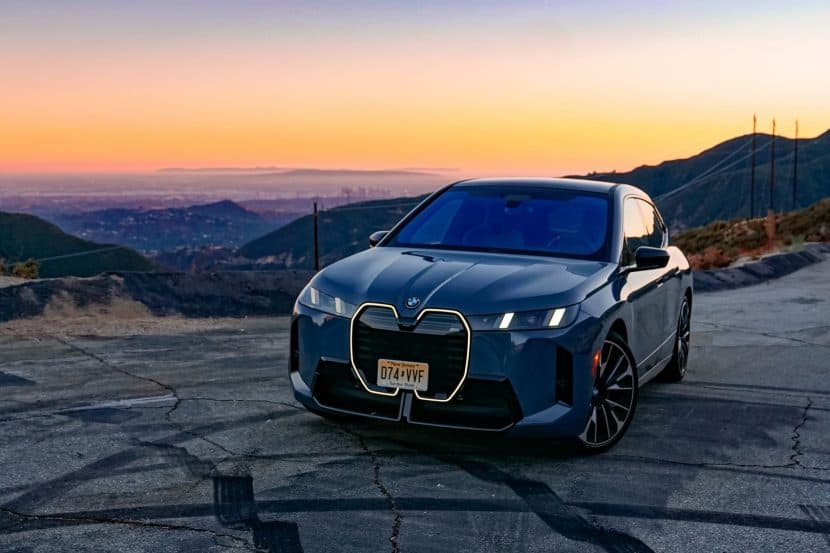One of the most important projects in BMW’s recent history is the all-new and bespoke BMW iX electric crossover. The project kicked off more than five years ago and just recently we had the chance to see the final product on the road. So naturally, a few questions from our readers popped-up. Like, for example, why did BMW build a one-off iX electric SUV instead of a fully-electric version of the popular X5?
In a recent interview with Auto motor und Sport, Frank Weber, BMW Head of R&D, explains the reasons behind this decision. “The X5 development started around 2014,” Weber said. At that time, the risk of having to make too many compromises with the conventional X5 and possibly alienating the large regular clientele was too great.” Next, Weber says that the iX allows BMW to achieve the maximum possible in terms of an electric car and to better position the car in the electric vehicles segment.
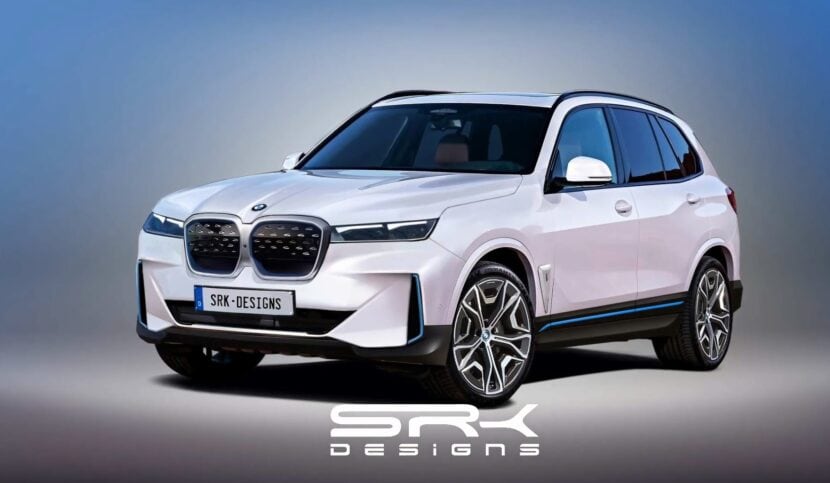
Without a doubt, an X5 electric – built on a flexible platform – would have come with some compromises in terms of packaging. So the BMW iX removes those constraints and allows engineers and designers to start with a clean slate. Of course, it’s a major investment to build a one-off product which is unsure whether it will have a successor in seven years time. By the end of its lifecycle, the new BMW X5 and the new NK platform will already be out. Therefore, BMW has more reasons to build an X5 electric on that platform rather than updating the bespoke iX’s architecture.
Weber also explains in the same interview that the automaker is entering a new age where the mainstream BMW products are no longer separated from the BMW i sub-brand. The “official merge” between the two divisions had already taken place over the last two years, even though the two somewhat operated as a single unit for many years.
The next-generation BMW X5 won’t be out until 2027 and we believe that it will continue to be offered with combustion engines under the hood, while an electric version of the X5 will be built as a parallel project. Will that imply a unique design to the X5 EV versus the “regular” X5? That remains to be seen, but one things is almost certain: not all markets and customers are ready to move to fully electric vehicles.


